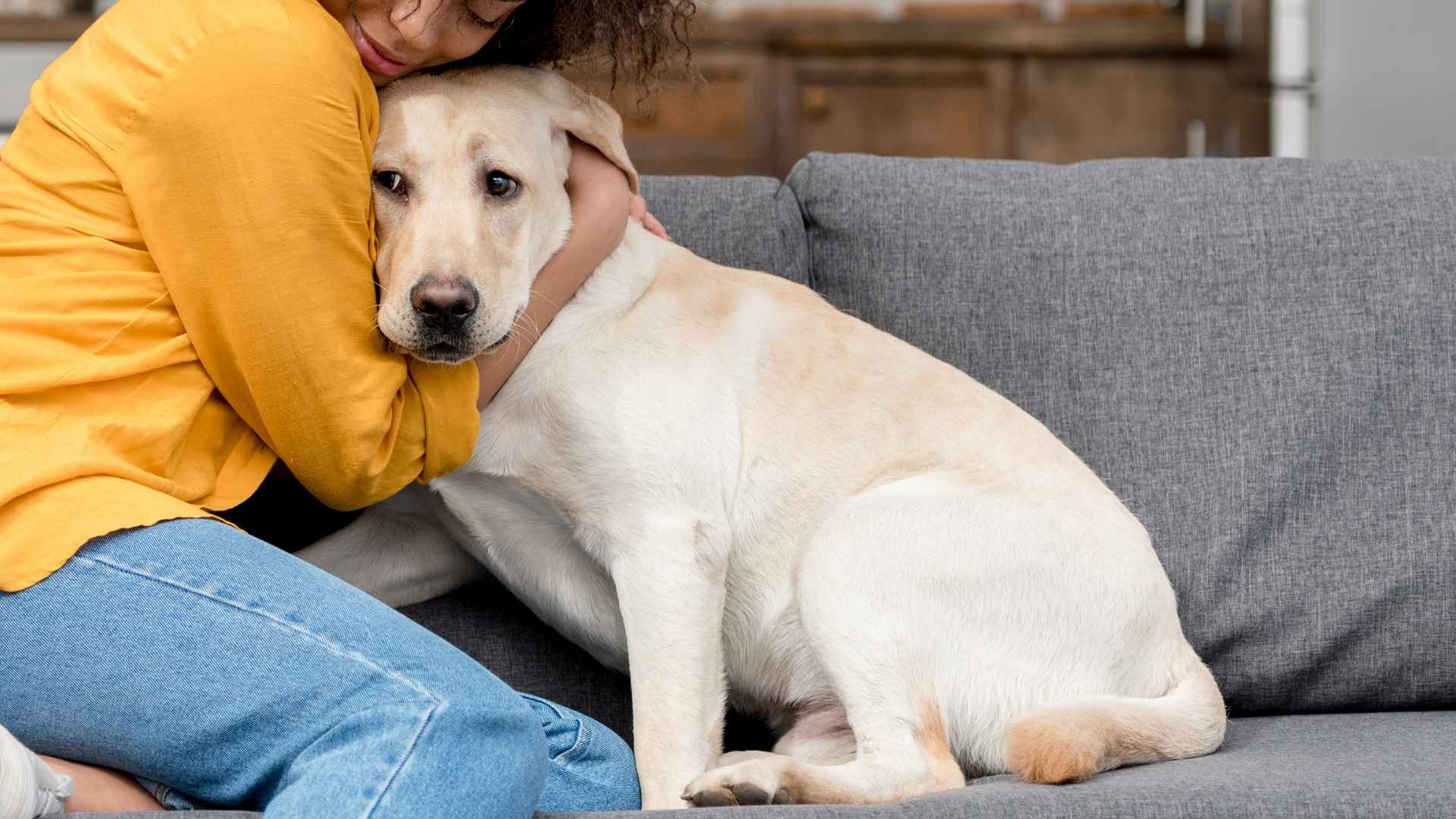Dogs are incredibly attuned to human moods; they can sense sadness, stress, and fear through body language, voice tone, and scent. While all dogs have the potential for emotional connection, certain breeds form deeper trauma bonds with their humans.
Did you know that therapy dogs not only provide affection but also lower the risk of cardiovascular disorders, according to Very Well Mind?
These dogs are naturally empathetic, loyal, and responsive, making them especially comforting to those dealing with past emotional wounds.
In this blog, we’ll explore the dog breeds that excel at forming trauma bonds and how they become more than just pets; they become healing companions.
Dog Breeds That Form Trauma Bonds
1. Golden Retriever
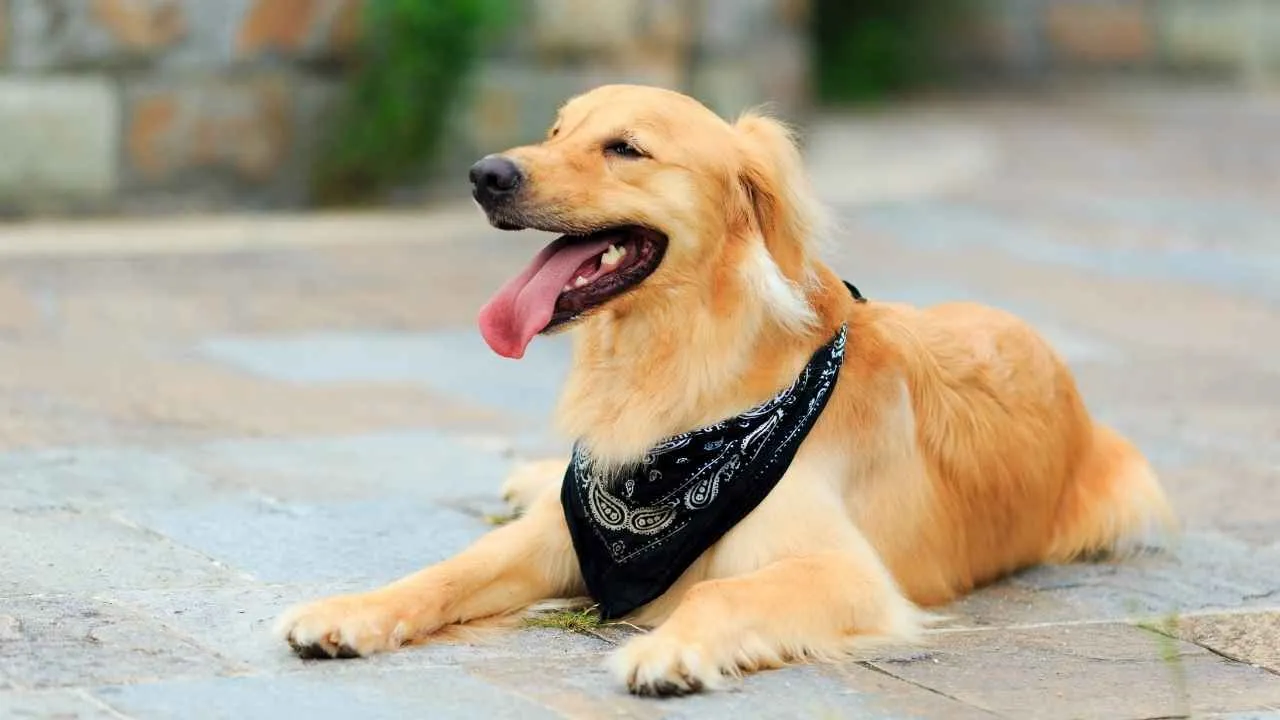
According to the American Kennel Club, Golden Retrievers are often considered one of the best service dogs, and for good reason. These gentle, loyal dogs form strong bonds with their owners and offer endless comfort.
Known for their kind eyes and loving hearts, they make wonderful emotional support dogs, especially for people coping with trauma or chronic tension.
What Makes This Dog a Great Therapy Dog
-
Naturally calm and affectionate
-
Extremely friendly and social with all ages
-
Easy to train and eager to please
-
Rarely aggressive or overly vocal
-
Forms strong bonds and reads emotions well
Best For
Golden Retrievers are ideal for those struggling with post-traumatic stress disorder, depression, or anxiety. Their warmth helps ease emotional pain and build trust.
2. Poodle
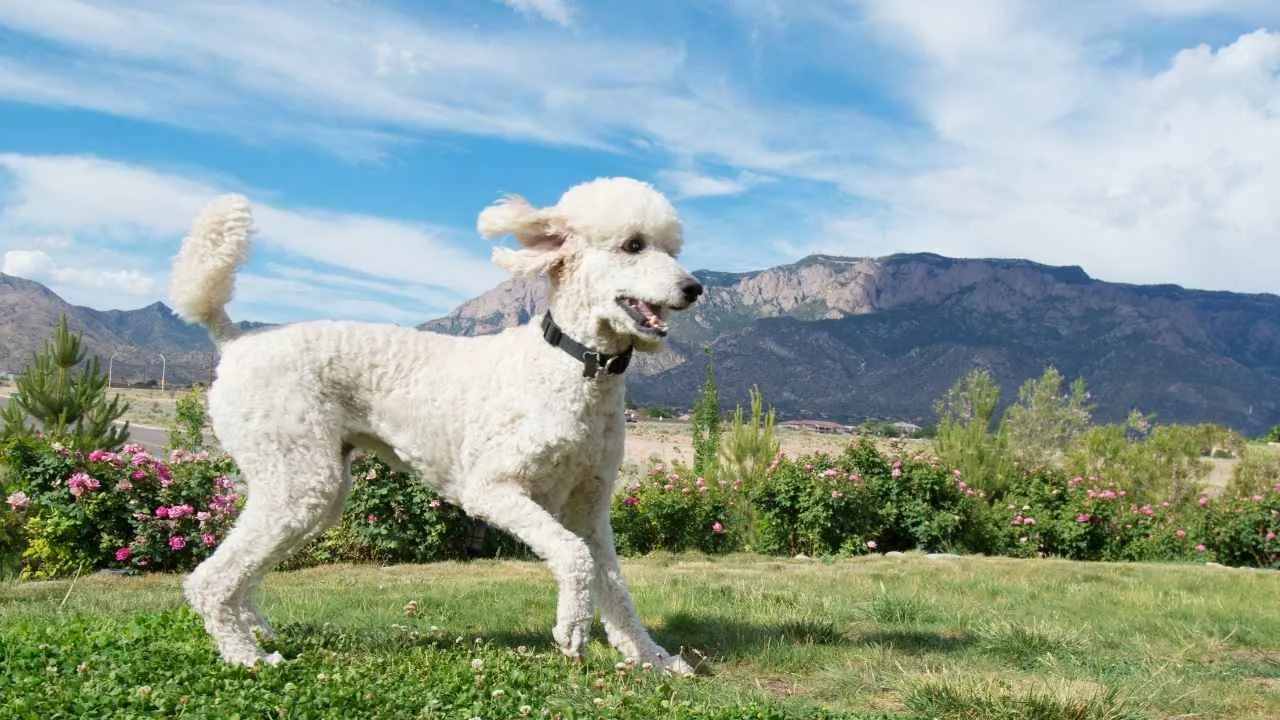
Poodles are not only one of the smartest dog breeds, but they’re also incredibly loving and sensitive. Their hypoallergenic coats make them a great option for people with allergies.
Also, their alert, intuitive nature allows them to thrive as emotional support animals or PTSD service dogs. With proper positive reinforcement, they quickly become loyal, calming companions.
What Makes This Dog a Good Therapy Dog
-
Highly intelligent and easy to train
-
Responds well to positive reinforcement
-
Naturally empathetic and emotionally tuned in
-
Hypoallergenic coat—great for allergy sufferers
-
Calm demeanor with low prey drive
Best For
Poodles are excellent companions for individuals coping with PTSD, social anxiety, or panic disorders. Their gentle temperament and high intelligence allow them to respond calmly to emotional shifts, offering comfort without overwhelming.
3. Labrador Retriever
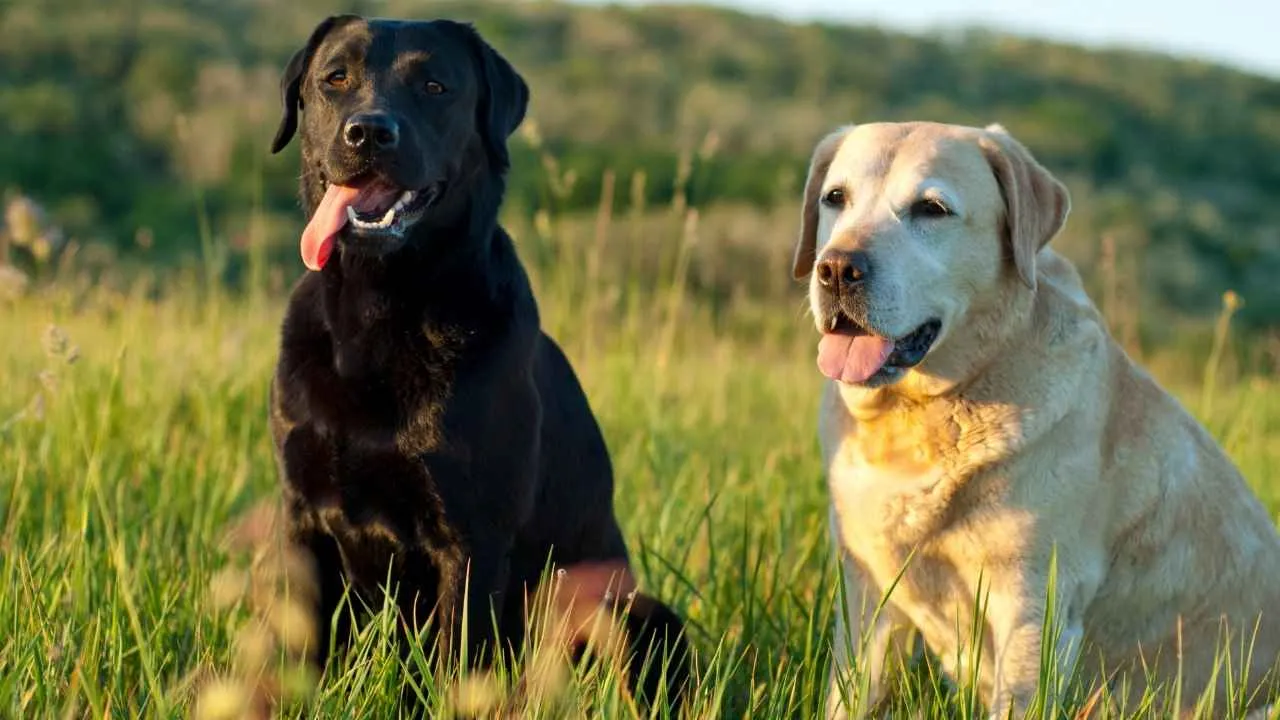
Labrador Retrievers are one of the most trusted service and therapy animals in the world. Their calm temperament, eagerness to please, and loyalty make them ideal companions.
Certain dogs, like Labs, are especially gifted at forming deep emotional connections and assisting people with daily tasks, including retrieving items and offering physical support.
What Makes This Dog a Great Therapy Dog
-
Naturally friendly and great with all ages
-
Highly trainable and responsive to commands
-
Excellent at retrieving objects for tasks
-
Patient and steady in public environments
-
Recognized under the Disabilities Act for service work
-
Great for autistic children
Best For
Labrador Retrievers are best for those with depression, PTSD, or mobility-related issues due to their dependable, supportive, and task-driven nature, according to Freedom Service Dogs.
4. Beagle

Small in size and overflowing with cuteness, the Beagle is a cheerful, loyal companion that thrives on emotional connection.
Known for their loving and affectionate personality, Beagles make wonderful therapy animals. Their playful spirit and strong desire to help people feel safe, seen, and emotionally supported in everyday life.
What Makes This Dog a Great Therapy Dog
-
Friendly and gentle around all age groups and even other pets, as per PetMD
-
Certain traits like loyalty and warmth make them comforting
-
High energy keeps them engaged and attentive
-
Easily adaptable to public places and new environments
-
Always eager to stay involved with their person
Best For
Beagles are perfect for those experiencing loneliness, mild depression, or social anxiety. Their friendly, affectionate nature creates a comforting presence, while their curiosity and playfulness provide uplifting daily moments.
Beagles thrive on companionship, making them wonderful for people who need steady emotional support and a reliable, loving friend.
5. Cavalier King Charles Spaniel

Originally bred as a lap dog for royalty, the Cavalier King Charles Spaniel is the perfect mix of grace and affection, according to Britannica.
It is a small, healthy breed and is ideal for apartment living, and its sweet, gentle nature brings calm wherever it goes. This furry friend loves being close, offering quiet companionship that warms the heart.
What Makes This Dog a Great Therapy Dog
-
Naturally calm and comforting personality
-
One of the best breeds for close emotional support
-
Small dogs that fit well in public and private settings
-
Friendly with strangers and good in social environments
-
Can be specifically trained as emotional support animals
Best For
Cavaliers are ideal for people dealing with anxiety, grief, or past emotional trauma. Their calm, gentle nature and constant desire to be close offer daily reassurance. These dogs excel at providing soft emotional support, making them the best service dog breed for anyone seeking consistent, quiet comfort in their everyday life.
6. Newfoundland
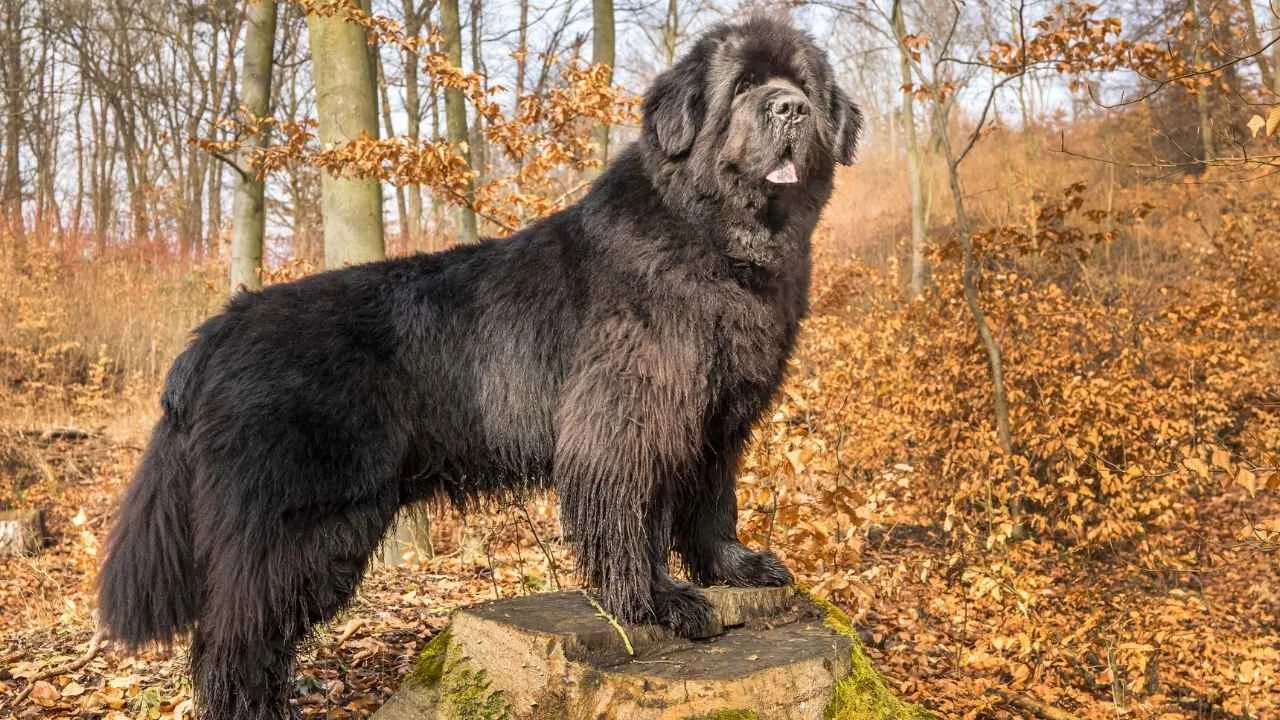
With a size that feels like a living cuddle pillow, the Newfoundland is a gentle giant known for its loving nature and deep loyalty.
Despite their large build, they are calm, patient, and incredibly gentle, making them wonderful emotional companions. Their quiet presence alone can ease anxiety and bring great comfort.
What Makes This Dog a Great Therapy Dog
-
Easily trained and eager to please
-
Fast learners, especially for specific tasks
-
Calm and steady in public or crowded spaces
-
Extremely gentle with children and older adults
-
Their big size adds to their comforting presence
Best For
Newfoundlands are especially suited for individuals managing PTSD, panic disorders, or severe anxiety. Their massive, calm presence acts like a living weighted blanket, offering both emotional grounding and physical comfort.
Their quiet loyalty and gentle hearts make them exceptional for those who need strong, steady support during difficult times.
7. Pug

Pugs are one of the most common breeds known for their adorable wrinkles and big, expressive eyes. Small but full of heart, they’re incredibly affectionate and bond closely with their person.
Their playful nature and steady affection make them excellent emotional support dogs, especially in homes where constant companionship is valued.
What Makes This Dog a Great Therapy Dog
-
Naturally loving and very people-oriented
-
Low prey drive and easy to manage in public
-
Adaptable and calm—good for psychiatric service work
-
Small size, ideal for apartment living
-
High energy in short bursts keeps things fun
Best For
Pugs are ideal for individuals managing depression, social anxiety, or mood disorders where a consistent, comforting service dog breed brings emotional stability.
Conclusion
Emotional support dogs are more than just pets; they’re life-changing companions who offer comfort, stability, and a deep sense of connection. Whether you’re living with anxiety, PTSD, or depression, having your own service dog can be a powerful step toward healing.
These remarkable animals don’t just assist with daily tasks like opening doors—they offer emotional presence in a way no medication can. In nursing homes, schools, and private homes, they provide peace and reassurance every single day.
Choosing the right service animal can truly transform your life. And just as they’ve done for so many others, your dog will show up for you the same way: loyally, lovingly, and without judgment. They are, simply put, the best example of unconditional support.


